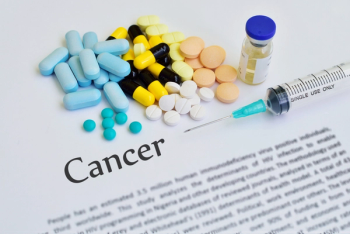
Darolutamide led to a 31% reduction in the risk of death, extending survival for patients with non-metastatic prostate cancer.

Darolutamide led to a 31% reduction in the risk of death, extending survival for patients with non-metastatic prostate cancer.

Pralatrexate, a lymphoma drug, outperformed remdesivir in treating COVID-19 in a lab experiment.

According to the study authors, this could lead to finding the exact molecular trigger and gives hope for developing a targeted PsA treatment in the future.

Per Morten Sandset, MD, of the University of Oslo and Oslo University Hospital, discusses the treatment considerations necessary to properly manage a patient with congenital plasminogen deficiency after she became pregnant.

FDA approves request submitted by Moleculin Biotech, Inc. for rare disease designations to be granted their drug candidate that appears to directly elicit tumor cell death and prompt the immune system to eliminate tumors.

Pharmacists must juggle the delicate balance of integrating clinical services into traditional dispensing environments, while being forced into performance metrics set forth by corporate entities.

Pharmacy Times®, the leading multimedia resource for pharmacy professionals, adds the Association of Community Cancer Centers to its Strategic Alliance Partnership program.

Socioeconomic and racial health disparities contribute to worse cancer and COVID-19 outcomes.

According to the study authors, previous small studies suggested that women taking statins may have less heart muscle damage from these types of chemotherapy, yet the exact mechanisms of how statins protect against the cardiac cell damage remains unknown.

The FDA has granted a breakthrough therapy designation to tiragolumab for use in combination with atezolizumab (Tecentriq) in the frontline treatment of patients with metastatic non­–small cell lung cancer.

This study points to the potential for using CAR T-cell therapy effectively against solid tumors, as well, according to the authors.

Per Morten Sandset, MD, of the University of Oslo and Oslo University Hospital, discusses the details of a patient who had a successful pregnancy despite documented infertility due to congenital plasminogen deficiency.

The FDA has granted a fast track designation to an investigational antibody-drug conjugate for use as a monotherapy in the treatment of patients with advanced or metastatic HER2-positive breast cancer.

Reports indicate a mortality rate of up to 28% among solid organ transplant patients hospitalized with coronavirus disease 2019.
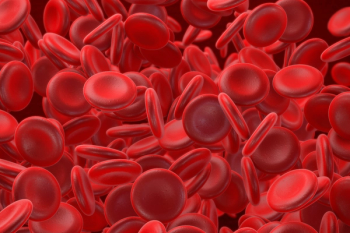
The biologics license application lisocabtagene maraleucel in adult patients with relapsed/refractory large B-cell lymphoma following at least 2 previous therapies continues to be under regulatory review by the FDA.
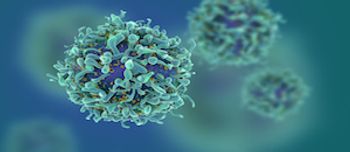
Consumption of sugary drinks regularly may be a major contributory factor to the epidemic of cancer, according to a study published by the British Medical Journal.
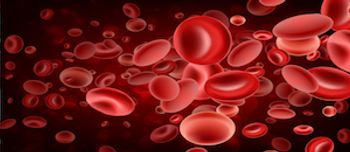
The research team designed TETi76 to replicate and amplify the effects of a natural molecule called 2-hydroxyglutarate (2HG), which inhibits the enzymatic activity of TET genes.

Randall A. Oyer, MD, discusses rising cancer mortality during the coronavirus disease 2019 (COVID-19) pandemic and what that means for cancer care.

Per Morten Sandset, MD, of the University of Oslo and Oslo University Hospital, discusses the disease impact on the gynecologic system and how often patients become infertile due to this impact.
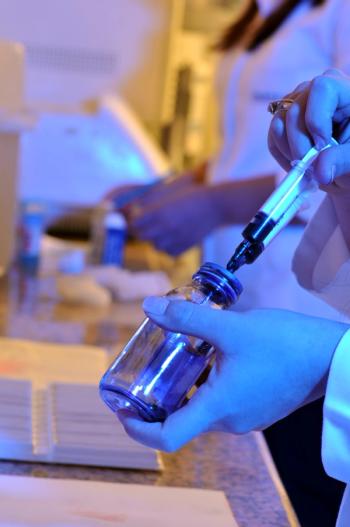
Per Morten Sandset, MD, of the University of Oslo and Oslo University Hospital, details the treatment options available for patients with congenital plasminogen deficiency.

Per Morten Sandset, MD, of the University of Oslo and Oslo University Hospital, describes common manifestations of congenital plasminogen deficiency and their impact on patient outcomes.

Per Morten Sandset, MD, of the University of Oslo and Oslo University Hospital, discusses why congenital plasminogen deficiency is often underdiagnosed and describes the causes and characteristics of the disorder.

Anakinra was initially approved by FDA in November 2001 for treatment of moderate to severe active rheumatoid arthritis.

Without coordinated care to ensure proper adherence, the resulting costs can become downright staggering for health systems.

FDA approves margetuximab-cmkb (Margenza) in combination with chemotherapy for the treatment of adult patients with metastatic HER2-positive breast cancer who have previously received 2 or more anti-HER2 regimens.

CAR T-cell therapy associated with greater anti-cancer activity in treating multiple myeloma.
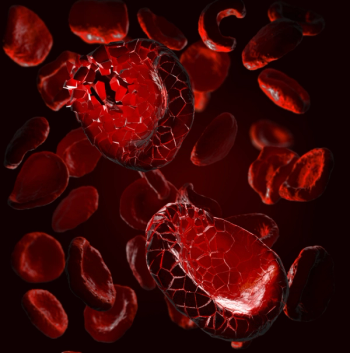
The FDA has granted a fast track designation to devimistat (CPI-613) for the treatment of patients with acute myeloid leukemia.

Financial toxicity can lead to worse long-term outcomes and psychological distress among patients with breast cancer.
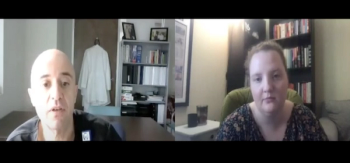
Rami Komrokji, MD, discusses whether the majority of patients in the MOST study were being treated at the time of enrollment, and why real-world data is so essential.

Study shows the mortality rate among breast cancer survivors is lower among those who received fertility preservation.